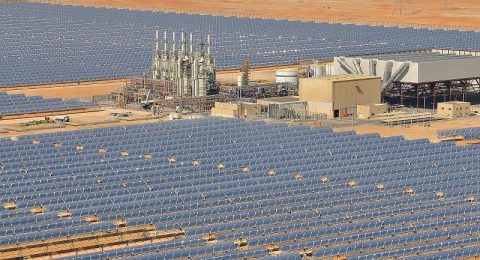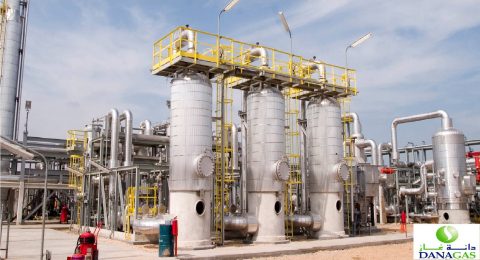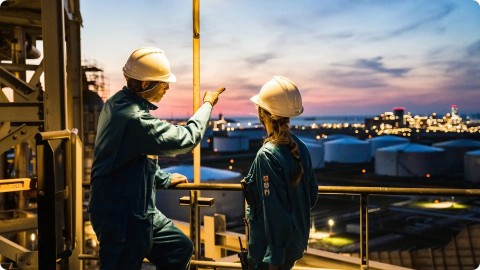Petrobras has commenced production operations at the FPSO Marechal Duque de Caxias (Mero 3) in the Mero field, located within the pre-salt Santos Basin, Brazil.
This floating production, storage, and offloading (FPSO) unit has the capacity to produce up to 180,000 barrels per day (bbl/d) of oil and compress up to 12 million cubic meters per day (mcm/d) of gas.
With the addition of the FPSO Marechal Duque de Caxias, the Mero field’s installed production capacity will increase from 410,000 to 590,000 bbl/d of oil.
The FPSO unit is an integral part of the Mero field’s fourth production system and was leased from MISC. The platform will be connected to a total of 15 wells, comprising 8 producer wells and 7 water and gas injection wells, through an undersea infrastructure.
The FPSO Pioneiro de Libra and two definitive systems – FPSO Guanabara (Mero 1) and FPSO Sepetiba (Mero 2) – are already operating in the field.
The Marechal Duque de Caxias platform will utilize cutting-edge technologies to decarbonize and increase production, such as HISEP®, expected to be operational as of 2028. This equipment will separate oil from the gas right at the bottom of the ocean, reinjecting the CO2-rich gas into the reservoir. As a result, it will be possible to free up space in the surface gas processing plant and reduce greenhouse gases released into the atmosphere.
The Mero field’s operations are managed by a consortium of companies involved in the Libra Production Sharing Contract, led by Petrobras (38.6%). Other partners include Shell Brasil (19.3%), TotalEnergies (19.3%), CNOOC (9.65%), CNPC (9.65%), and Pré-Sal Petróleo S.A (PPSA), which represents the Federal Government in the non-contracted area (3.5%).












